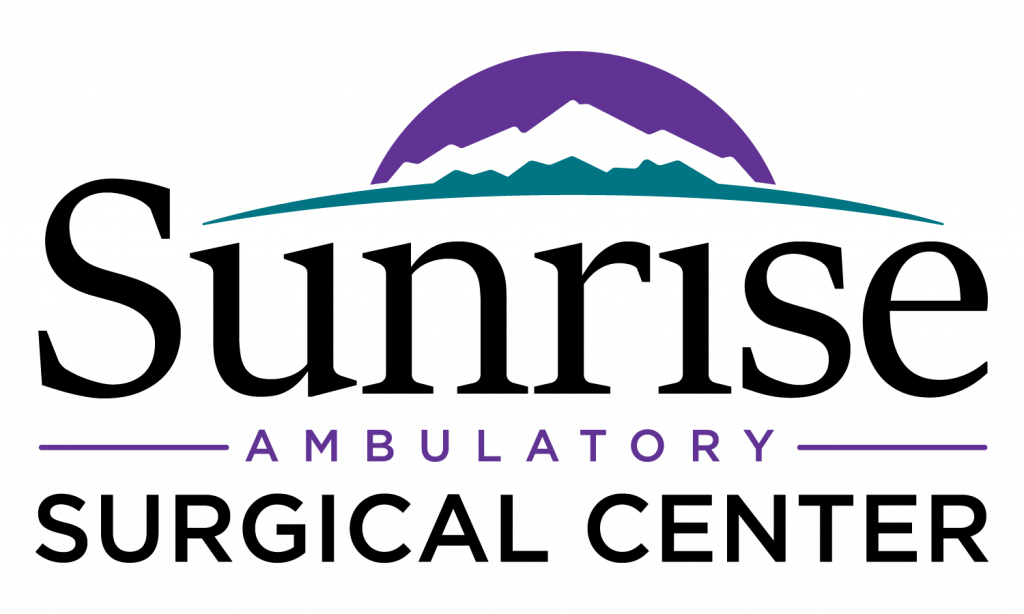Esophagitis and Stricture
Esophagitis is a general term for any inflammation, irritation or swelling of the esophagus, which is the tube that leads from the back of the mouth to the stomach. It is frequently caused by a backflow of stomach acid to the esophagus. This is commonly called heartburn or GERD (gastroesophageal reflux disease). Irritation may cause the tissues to become inflamed and occasionally form ulcers, and patients may have difficulty swallowing and have a burning sensation in the esophagus. Other symptoms include painful swallowing, heartburn or oral lesions. A stricture occurs when the inflamed area heals with a scar that narrows the esophagus, resulting in causing problems with swallowing. People who have frequent heartburn, vomit excessively, have had surgery or radiation to the chest or take medications like aspirin, ibuprofen and potassium are at a higher risk of developing strictures.
Benign esophageal stricture is a narrowing of the esophagus that can cause swallowing difficulties. It can be caused by gastroesophageal reflux (GER), certain medications, long-term use of a nasogastric tube that runs from the nose to the stomach, swallowing corrosive substances or a bacterial or viral infection. Symptoms can include difficult or painful swallowing, unintentional weight loss or food regurgitation.
